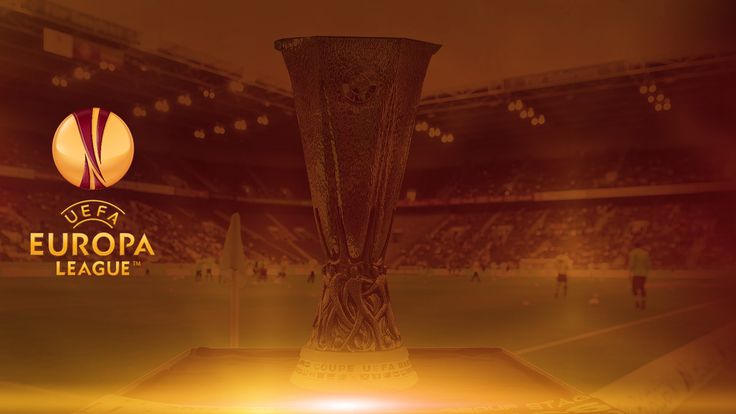
Friday 28 August 2015 10:15, UK
As Tottenham and Liverpool prepare for the Europa League group stage draw on Friday, we crunch the numbers to see whether the competition is a prize or a punishment.
It is fair to say the Europa League splits opinion.
Some welcome it as another opportunity to win silverware, while others regard it as an unwelcome distraction from domestic matters without the prestige or financial rewards as the Champions League.
The Europa League's critics say Thursday night trips across Europe take their toll on a squad over the course of the campaign, and Mauricio Pochettino agreed after Tottenham's run to the last-16 last season. "The Europa League is not an easy competition," he said. "You have the opportunity to stay closer to the top four if you only have to focus on the Premier League and the cups."
So what is the true cost of competing in the Europa League? Our findings suggest Pochettino has a point about accumulated fatigue.
Over the last 10 seasons, English teams' Premier League finishing positions have fallen by an average of 2.6 places when they have had to take on the extra responsibility of Europa League football.

The most notable example is Newcastle's 2012/13 campaign. Having finished fifth in 2011/12, the Magpies qualified for Europe for the first time since 2006/07. Alan Pardew's side reached the quarter-final of the Europa League the following year, where they were knocked out by Benfica having played 14 games in total.
The hectic fixture schedule included lengthy trips to Greece, Ukraine and Russia, and their Premier League form suffered badly. Newcastle fell 11 places to 16th, and their quarter-final exit to Benfica was directly followed by a chastening 3-0 home loss to rivals Sunderland. They only won one of their final six league fixtures after being knocked out of Europe.
A more recent example is Everton last season. Roberto Martinez's side achieved their highest ever Premier League points tally of 72 as they finished fifth in the 2013/14 season, but the following year they fell six places as they contended with Europa League commitments. Their 10-game run to the Round of 16 included long-distance trips to Russia and Ukraine.
The same pattern can be seen in Fulham's 2009/10 season, Tottenham's 2007/8 campaign and Middlesbrough's efforts in 2005/06, and it is notable that Liverpool's 2013/14 title charge came when they were free of European duties.
There are some examples of teams coping rather better. Manchester City rose from fifth to third in the Premier League despite a Europa League run to the Round of 16 in 2010-11, and more recently Liverpool jumped a place from eighth to seventh despite a 12-game run to the Round of 32.
Intriguingly, however, there is evidence to suggest a shorter Europa League run can help a side's Premier League ambitions. In the 2011/12 season, Spurs rose one place to achieve only their second fourth-placed finish of the Premier League era as they went out of the Europa League at the group stage having only played eight games.
The 2008/09 campaign was another in which Spurs' Europa League campaign lasted just eight games, and the shorter European campaign helped them jump from 11th to eighth in the Premier League.
So while it is not unprecedented to marry a Europa League run with Premier League improvement, history shows the odds are stacked against you. When English teams begin their group campaigns next month, they could be forgiven for wondering whether it's worth the hassle…
*Our study does not include teams to have entered the Europa League through the Champions League group stages.
*Nor does it include teams to have played fewer than six Europa League games in a season.